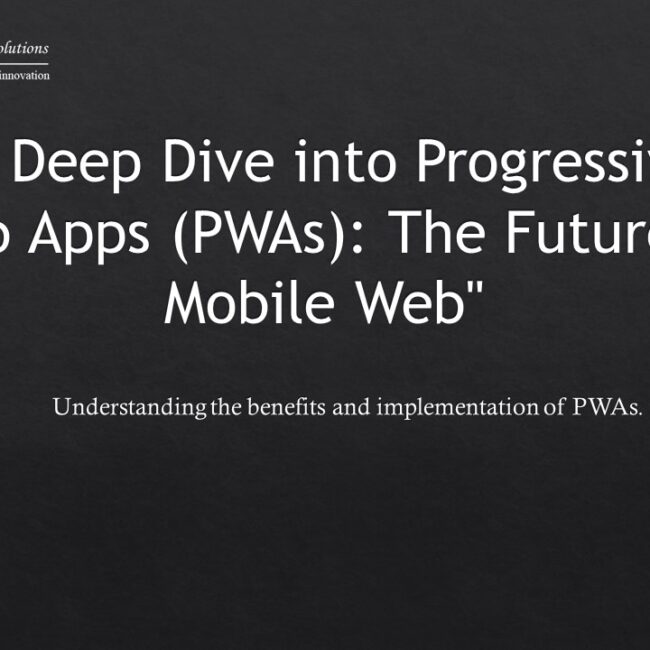
Blockchain in Healthcare: Ensuring Data Integrity and Security
In an era where data breaches are increasingly common, and the sanctity of personal information is continuously at risk, the healthcare industry stands at a pivotal juncture. The necessity to safeguard sensitive patient data while ensuring its accuracy and availability has never been more critical. Enter blockchain technology, a revolutionary approach that promises to redefine healthcare data management, offering unparalleled data integrity and security. This blog delves into how blockchain can transform healthcare data management, presenting both the opportunities and challenges it brings.
Understanding Blockchain Technology
At its core, blockchain technology is a decentralized digital ledger that records transactions across multiple computers in such a manner that the registered transactions cannot be altered retroactively. This technology, best known for its role in cryptocurrency systems like Bitcoin, offers a secure and transparent way to track the ownership and transfer of assets.
The Potential of Blockchain in Healthcare
Enhancing Data Security
Healthcare data breaches can have devastating consequences, from financial loss to the compromising of patient privacy. Blockchain’s decentralized nature means that data is not stored in a single location but across a network of computers, making it exceedingly difficult for hackers to compromise. Each block in the chain contains a number of transactions, and every time a new transaction occurs, a record of that transaction is added to every participant’s ledger. This level of security is paramount in protecting sensitive patient information.
Ensuring Data Integrity
One of the fundamental challenges in healthcare is ensuring the accuracy and consistency of patient data across different systems. Blockchain technology, with its immutable ledger, ensures that once a transaction is recorded, it cannot be altered. This characteristic is crucial for maintaining the integrity of medical records, test results, and other critical information, providing a single source of truth that can be trusted by all parties involved.
Streamlining Data Access and Sharing
Interoperability between disparate healthcare systems remains a significant challenge, often leading to inefficiencies and errors. Blockchain can facilitate secure and efficient data sharing between healthcare providers, patients, insurers, and other stakeholders. By providing a patient-centric approach, blockchain allows patients to control who accesses their data, ensuring privacy and consent are respected.
Use Cases of Blockchain in Healthcare
Secure Patient Data Management
Blockchain can create a secure, unchangeable record of patients’ medical histories, accessible only by authorized parties. This capability not only protects patient data but also ensures that healthcare providers have access to accurate and up-to-date information.
Supply Chain Transparency
In the pharmaceutical industry, blockchain can track the production, shipment, and delivery of medications with complete transparency. This can help combat counterfeit drugs, ensuring that patients receive genuine medications.
Clinical Trials and Research
Blockchain can enhance the integrity of clinical trials by securely recording all trial data, ensuring it remains unaltered. This transparency can foster trust in the trial process and outcomes, facilitating advancements in medical research.
Challenges in Implementing Blockchain in Healthcare
Despite its potential, the adoption of blockchain in healthcare is not without challenges. These include the need for significant infrastructure investment, the complexity of integrating blockchain with existing systems, and regulatory and compliance issues. Moreover, there’s a learning curve and a need for cultural change within organizations to fully embrace this technology.
Looking Forward
The integration of blockchain technology into healthcare presents a promising path towards securing patient data, enhancing data integrity, and improving the efficiency of healthcare delivery. However, realizing its full potential will require overcoming technical, regulatory, and operational challenges. As we move forward, collaboration among healthcare providers, technologists, and regulators will be crucial in harnessing the power of blockchain to shape the future of healthcare data management.
In conclusion, blockchain technology holds the promise of revolutionizing healthcare data management, offering a secure, transparent, and efficient framework for handling sensitive patient data. By ensuring data integrity and security, blockchain not only protects patients but also empowers healthcare providers to deliver better care. As we navigate the complexities of its implementation, the ultimate goal remains clear: to build a healthcare system that is as secure and trustworthy as it is innovative and patient-centered.




